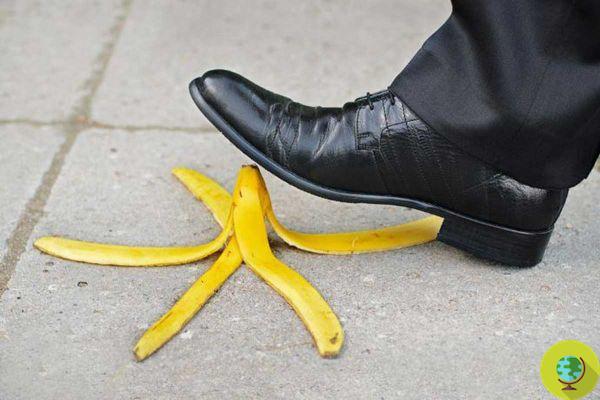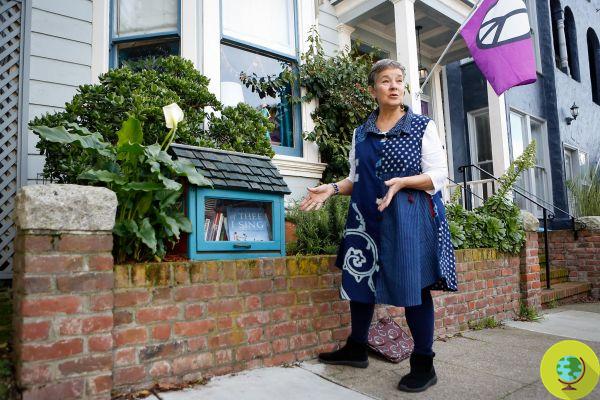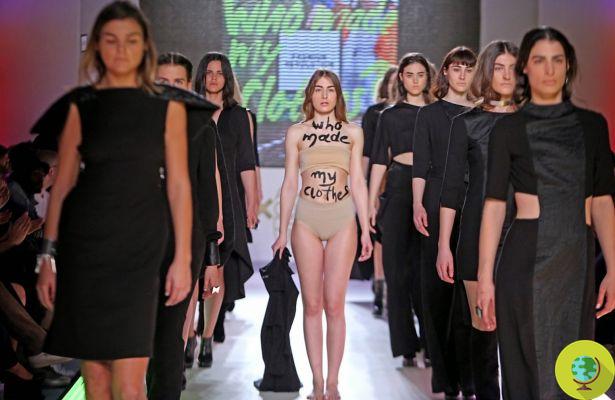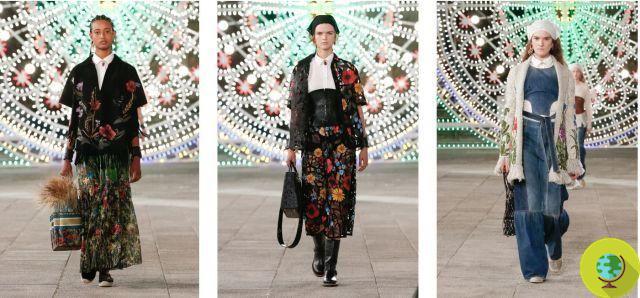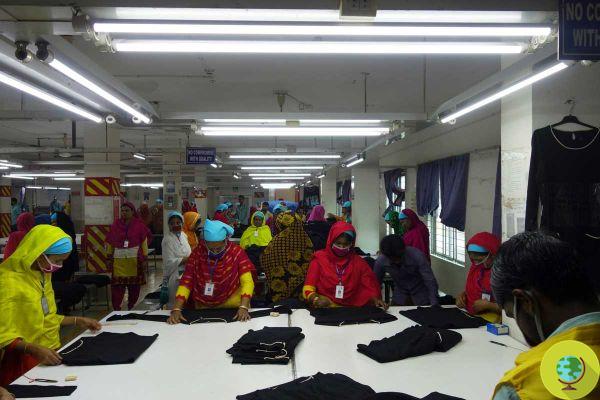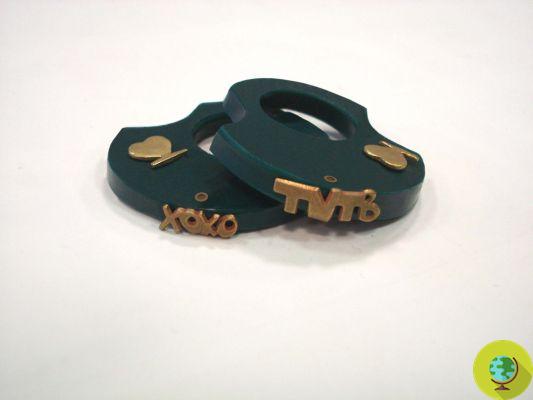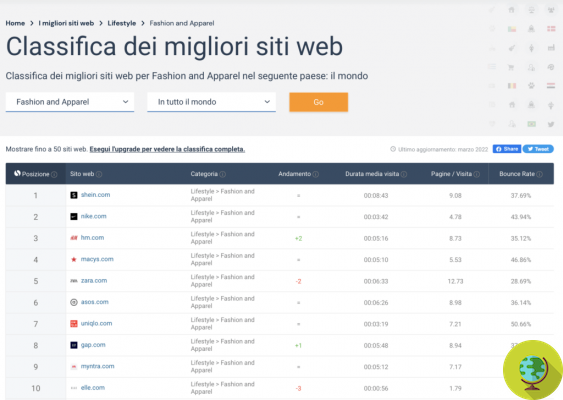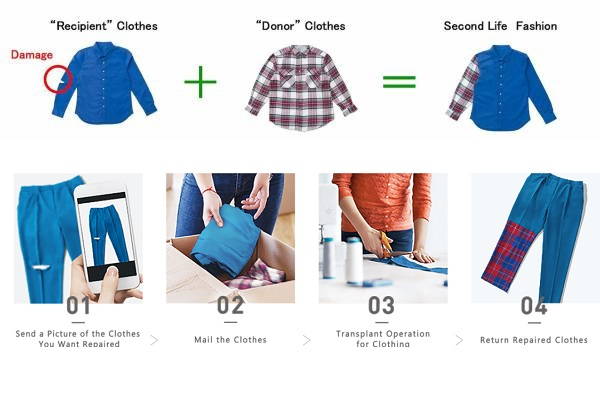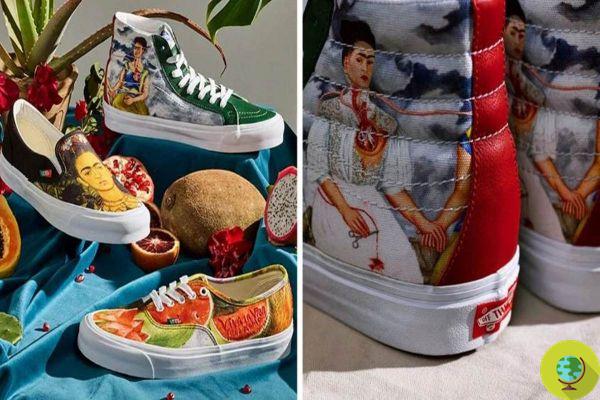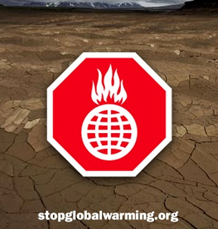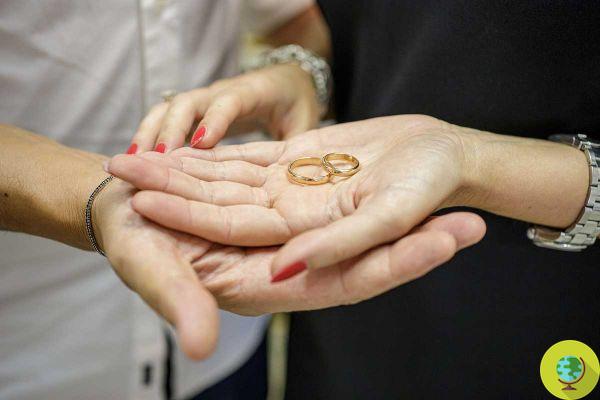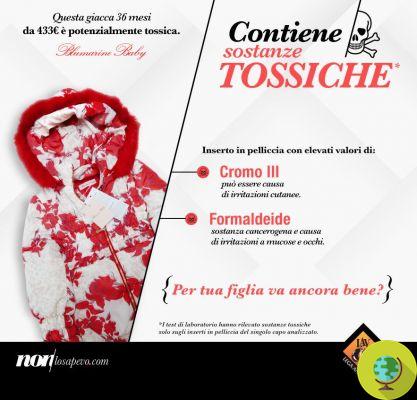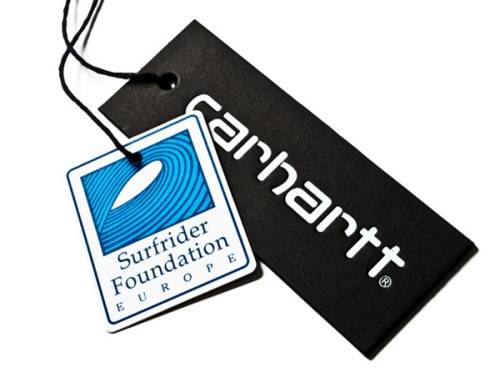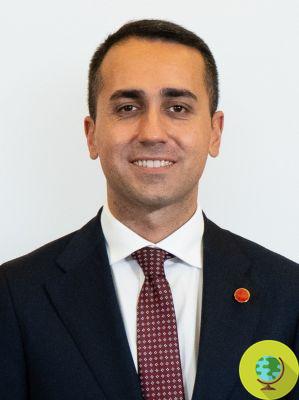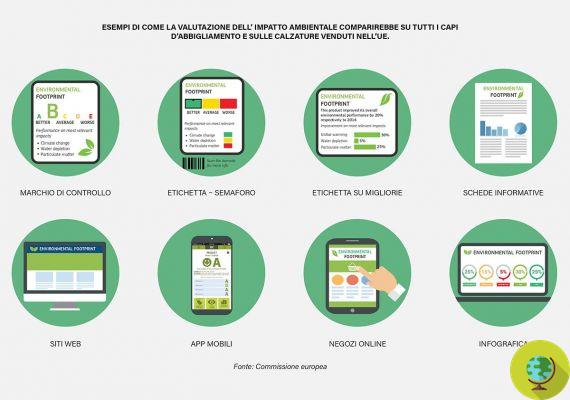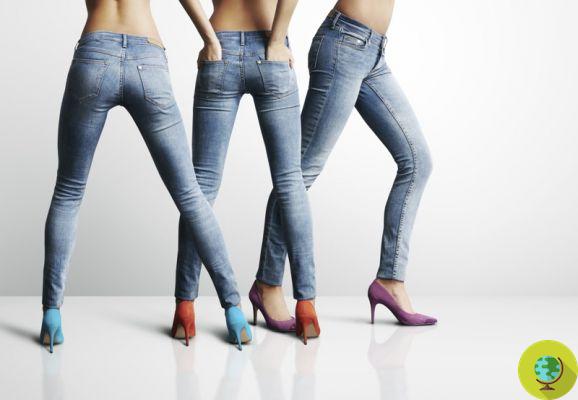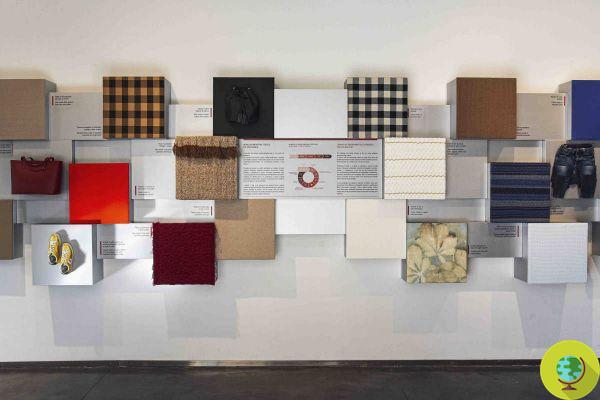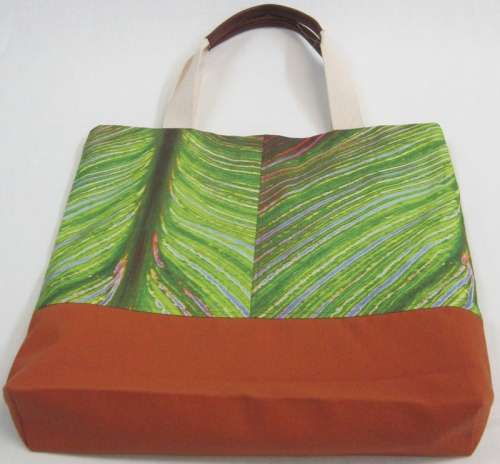Ethiopian workers in the garment industry are the lowest paid in the world. They work for brands like Guess, H&M and Calvin Klein but earn $ 26 a month. This is what a disturbing new US report has revealed
Don't store avocado like this: it's dangerousEthiopian workers in the garment industry are the lowest paid in the world. They work for brands like Guess, H&M e Calvin Klein but they earn $ 26 a month. This is what a disturbing new US report has revealed.
If the colleagues from factories in Bangladesh so far they seemed the most exploited, the workers of the Ethiopian textile industry work in conditions of starvation.
The government is also to blame. Ethiopia, which aims to become the main manufacturing center on the continent, has seduced investors by pointing out the willingness of employees to work for less than a third of Bangladeshi workers' wages.
Lo study, reported from Le Monde and led by New York University's Stern Center for Business and Industry, he compared the conditions and wages of workers around the world and found that those in Bangladesh, notoriously poorly paid, earn $ 95 a month, those in Kenya $ 207. and the Chinese ones 326. The Ethiopians just $ 26.
Sufficient based on the cost of living? Far from it when you consider that an Ethiopian needs about $ 110 a month to survive.
According to the report, the textile workers, many of them women, operate in very bad conditions. The study looked at the Hawassa Industrial Park, one of five industrial centers inaugurated by the government since 2014, which employs 25.000 people and produces clothing for brands distributed around the world. In the long run, around 60.000 people are expected to work there. Chinese, Indian and Sinhalese companies have opened factories in this park.
The government expects apparel exports, which are currently worth $ 145 million a year, to even rise to about $ 30 billion. A goal that "seems unrealistic", according to the report, if only because low wages have already led to low productivity, repeated strikes and high turnover. Suffice it to say that factories replace all their employees on average every 12 months.
“The Ethiopian plan to become a major garment exporting nation rests largely on the assumption that workers will accept the extremely low base wage of $ 26 a month, which is not enough to survive, even in Ethiopia. Instead of the low-cost and respectful labor promoted in Ethiopia, suppliers based abroad encountered employees dissatisfied with their pay and living conditions and increasingly willing to protest by stopping or even leaving work " he said one of the study's authors, Paul Barrett of the Stern Center for Business and Industry.
Ethiopia is the second most populous country in Africa, with around 105 million people still living largely on agriculture and facing serious problems such as drought and poverty.
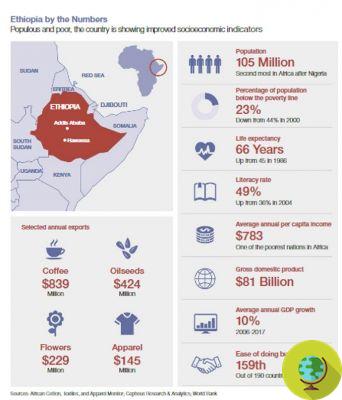
For this the Stern Center has asked the Ethiopian government to introduce a minimum wage and develop a long-term business plan to strengthen the apparel industry.
READ also:
- What is hiding behind your shirt? The dark side of H&M (PETITION)
- How polluting are H & M's cotton clothes? The ranking of the best and worst companies
Francesca Mancuso




